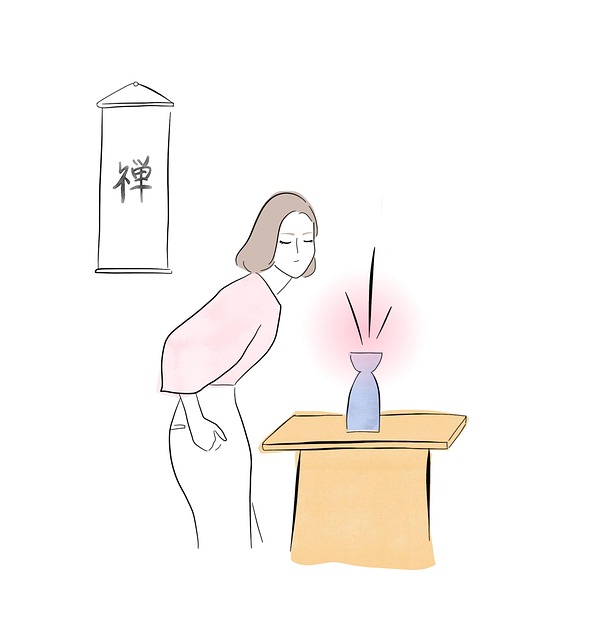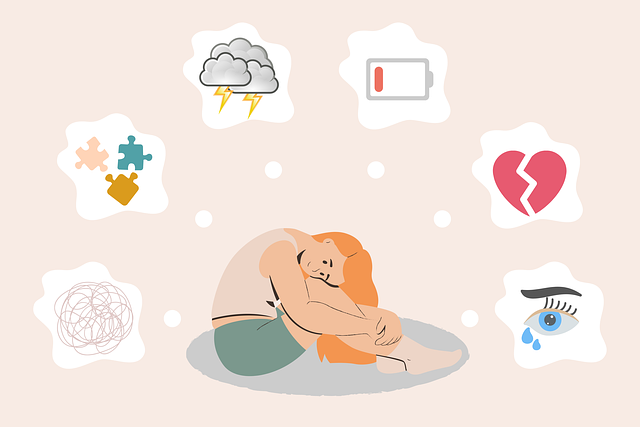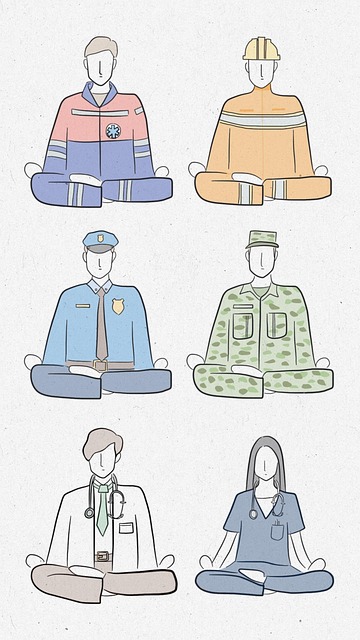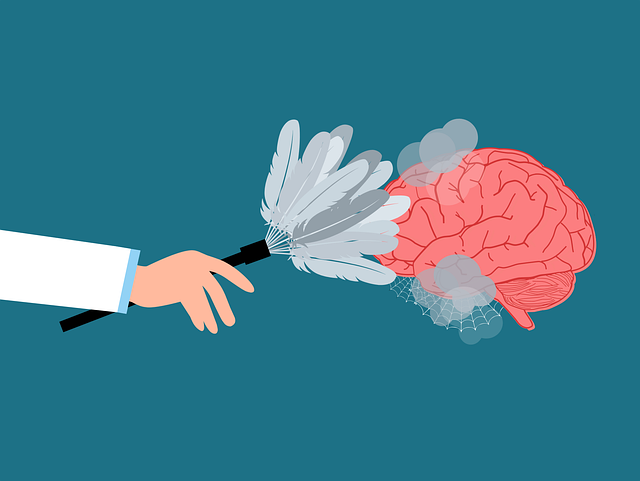Depression is a global concern with varied symptoms, but timely intervention through personalized therapy like Castle Rock Depression Therapy can empower individuals to manage it effectively. Adopting healthy lifestyle changes including balanced diets, regular exercise, and adequate sleep is crucial. Regular self-care practices form the foundation of their treatment, promoting mood regulation and stress management. Social connections and support networks play a significant role in prevention, with community engagement and therapy fostering belonging and purpose. Castle Rock Depression Therapy offers diverse options like mindfulness meditation and burnout prevention strategies for holistic depression management.
Depression is a prevalent yet complex condition, affecting millions worldwide. In this comprehensive guide, we explore effective prevention strategies to combat this mental health challenge. From recognizing early signs and symptoms to adopting lifestyle changes, self-care practices, and building robust support networks, this article equips readers with valuable insights. Additionally, we delve into the role of Castle Rock Depression Therapy, highlighting various professional help options available to those seeking healing and recovery.
- Understanding Depression: Recognizing the Signs and Symptoms
- Lifestyle Changes for a Healthier Mind: Diet, Exercise, and Sleep
- The Power of Self-Care: Building Resilience and Coping Mechanisms
- Social Connections and Support Networks: Battling Loneliness Together
- Professional Help: Exploring Castle Rock Depression Therapy Options
Understanding Depression: Recognizing the Signs and Symptoms

Depression is a complex mental health disorder that affects millions worldwide. Understanding its nuances is the first step towards prevention and effective treatment. Recognizing the signs and symptoms of depression early on is crucial, as it allows for timely intervention and support. Common indicators include persistent feelings of sadness, loss of interest in activities once enjoyed, changes in appetite or sleep patterns, fatigue, difficulty concentrating, and in severe cases, thoughts of self-harm or suicide. These signs may manifest differently in various individuals, making it essential to be vigilant and observant of any significant shifts in behavior or emotional well-being.
In Castle Rock, Depression Therapy has evolved to include a range of evidence-based approaches tailored to individual needs. Mental Health Education Programs Design focus on raising awareness about depression, its causes, and available treatment options. Efforts to reduce the stigma surrounding mental illness play a pivotal role in encouraging individuals to seek help without fear of judgment. Mindfulness Meditation, as a complementary practice, has gained popularity for its potential to regulate emotions and enhance overall well-being. By combining professional therapy with self-care strategies like mindfulness, individuals can better navigate the challenges of depression and foster resilience.
Lifestyle Changes for a Healthier Mind: Diet, Exercise, and Sleep

Adopting healthy lifestyle changes can significantly contribute to preventing and managing depression. One crucial aspect is Castle Rock Depression Therapy often highlights diet as a key player in mental well-being. Incorporating nutrient-rich foods, rich in omega-3 fatty acids and vitamins B and D, can boost mood and cognitive function. Conversely, processed foods high in sugar and unhealthy fats may worsen symptoms.
Regular physical activity is another powerful tool. It stimulates the release of endorphins, often referred to as ‘feel-good’ hormones, which can alleviate stress, anxiety, and depression. Aim for a mix of aerobic exercises like walking or swimming, and strength training to promote inner strength development. Adequate sleep, typically 7-9 hours per night, is essential for emotional regulation and cognitive function, making it a vital self-care practice in the fight against depression.
The Power of Self-Care: Building Resilience and Coping Mechanisms

Engaging in regular self-care practices is a powerful tool in the arsenal against Castle Rock Depression Therapy. When individuals prioritize their well-being, they are better equipped to build resilience and develop effective coping mechanisms. Simple yet profound acts like sufficient sleep, balanced nutrition, and physical exercise can significantly impact mood regulation and stress management. These foundational aspects of self-care provide a solid base for navigating life’s challenges.
Additionally, incorporating mindfulness techniques, such as meditation or journaling, allows individuals to cultivate present-moment awareness and emotional understanding. By addressing underlying issues like trauma through Trauma Support Services and adopting healthy stress management strategies, one can proactively prevent depressive episodes. Depression Prevention is not just about avoiding the condition but also about fostering a resilient mindset that promotes overall mental wellness.
Social Connections and Support Networks: Battling Loneliness Together

Loneliness is a significant risk factor for depression, making social connections and building support networks crucial in prevention strategies. Connecting with others, whether through community groups, hobbies, or therapy sessions, can provide a sense of belonging and purpose. These interactions not only alleviate feelings of isolation but also foster positive mental health practices like Mind Over Matter principles, empowering individuals to manage their emotions effectively.
In Castle Rock Depression Therapy, for instance, therapists often encourage clients to participate in activities that promote social engagement, teaching Conflict Resolution Techniques to navigate interpersonal challenges. By learning these skills, individuals can better express their needs, maintain healthy boundaries, and reduce the stress that contributes to anxiety relief. Ultimately, cultivating strong support networks becomes a powerful tool in the ongoing battle against depression.
Professional Help: Exploring Castle Rock Depression Therapy Options

In Castle Rock, there are a plethora of depression therapy options available to those seeking support for their mental health. Professional help is often a game-changer in managing and overcoming depression. Therapists and counselors skilled in various therapeutic approaches can provide tailored interventions. For instance, mindfulness meditation has gained prominence as an effective tool to combat depressive symptoms. This ancient practice teaches individuals to focus on the present moment, fostering emotional regulation and reducing negative thought patterns.
Additionally, healthcare providers often recommend burnout prevention strategies for those at high risk or experiencing prolonged periods of stress. These strategies emphasize the importance of self-care, setting boundaries, and improving communication skills. Effective communication is a vital aspect of managing depression; it encourages support systems and helps individuals express their feelings, fears, and hopes, thereby creating a sense of belonging and understanding.
Depression is a common yet treatable condition, and by implementing these diverse prevention strategies, residents of Castle Rock can take proactive steps towards mental wellness. From understanding depression’s signs and making lifestyle changes to prioritizing self-care and building social connections, each section offers valuable insights. Additionally, exploring Castle Rock Depression Therapy options provides access to professional help when needed. Combining these approaches can create a robust framework for preventing and managing depression, fostering a healthier and happier community.














